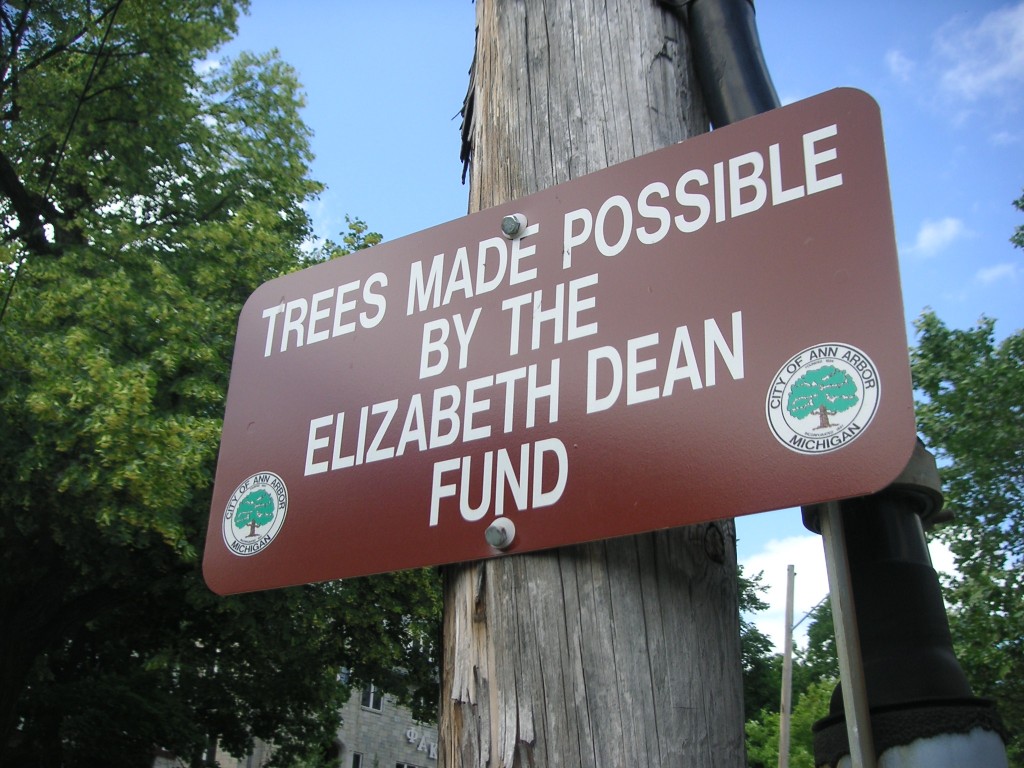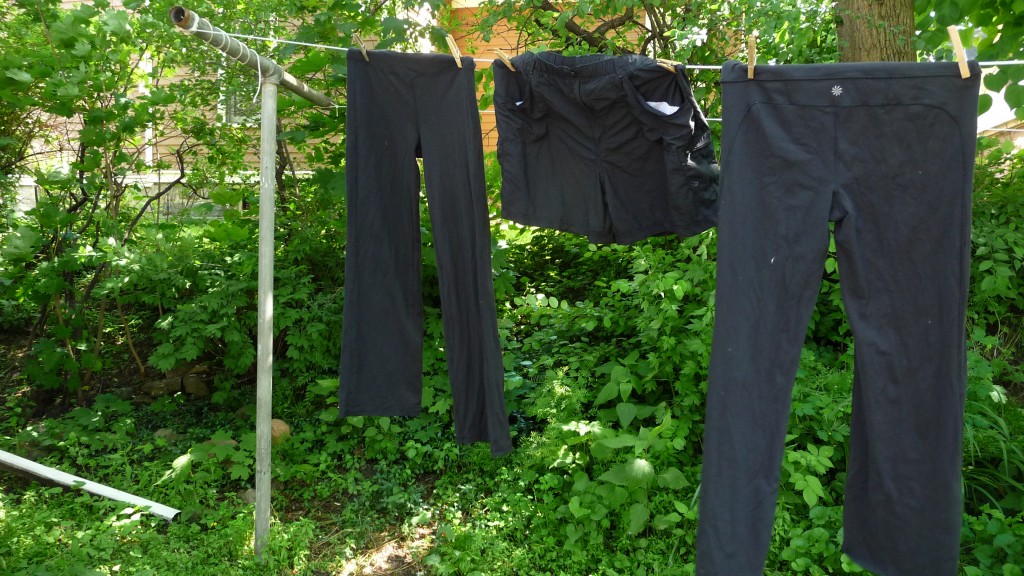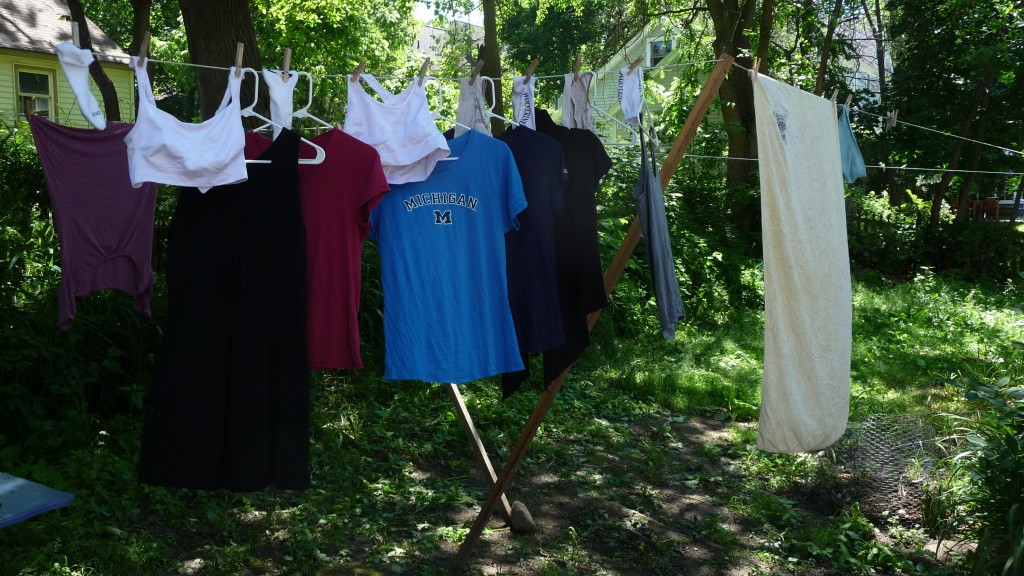The University of Michigan connects its students to AMAZING people. Not too long ago I found myself in a casual conversation with a member of the White House Office of Science and Technology Policy during a presentation reception. The things said in that conversation have changed me forever.
The presentation preceding the conversation was about the amazing efforts our government is taking to address today’s problems through progressing science and technology. From carbon recapture to nano-everything, we seemed to be working on it. It felt really great to see such inertia in science under this administration.
That said, the picture painted seemed incomplete.
Given the urgent gravity of the problems the espoused technology are posed to solve, I was hoping to hear more “prongs” to the approach of solving them. Specifically, I wanted to hear about how the administration had scanned all the sciences, including social sciences, to identify many levers for addressing problems. I wanted to hear about how research in neuro-cognitive studies, sociology, ethics, and environmental and health behavior was informing research into proposed technologies and so on.
I didn’t hear this inclusion of social science and and my questions lingered. What if technology isn’t found fast enough? What if even when it is found it will be ineffective, not enough, not used, etc.? Why weren’t we calling on social sciences to figure out why the potential for carbon reduction from EXISTING, tested technologies has not yet been realized. ? Couldn’t social science help us figure out the obvious gap in what we know about nutrition and how we eat? My primary wonder is this: Why aren’t we talking about changing individual and organizational behavior?
So I asked some version of this last question to my new acquaintance from the Office of Science and Technology.
His answer was eloquent and respectful. He had clearly thought a great deal about the topic, without a doubt more than I have in my entire lifetime. But… he admitted abandoning the passion he had for changing behavior long ago. When I asked why he said many things but the one that stuck out was, “because it is too hard.”
Too hard. No reference to suggest support for targeted social science coming elsewhere in government and a suggestion that “Too hard” is now an acceptable reason to abandon ship.
If I needed any more reason to become passionate about studying environmental behavior and organizational change in business, I just found it. “Too hard” is not good enough. “Too hard” closes opportunities social psychologists, organizational theorists, behavioral psychologists, etc work to create. Opportunities we need to exist. Opportunities that will help fill the gaps left by an exclusive technology and cap and trade policy approach to mitigation. Opportunities that, if ceased, could better many societal problems simultaneously. (What else happens when you bike to work, use a clothesline, shop at farmers markets, encourage a corporate culture that authentically cares about all stakeholders, etc?)
Maybe my expectations of the knowledge my new acquaintance would have about such efforts were unfounded. Maybe the support for a behavior change approach comes from a different part of government. (LET me know if that is the case!) Maybe I was talking with someone who is not up to speed on the progress made in behavioral, environmental, and organizational psychology AND SO ON since he last visited ideas about this “lever” for change (pretty sure it was long ago). Maybe supporting behavior change initiatives has economic and (consequentially?) political implications that might make such an investment risky or unfavorable for the requisite politicians. Maybe we have a hard time translating social science findings into action. Maybe my thinking is made possible by naivety. Or… maybe it is “too hard.”
But those are just excuses I’d be accepting despite myself. Unspoken excuses that “we” accept despite ourselves. Not only do I believe that the social sciences offer new levers to addressing social problems, I believe that levers drawn from social science insight are the ones that need to be pulled soon… now…decades ago. This project, including all the As, Bs, and Cs in your stories, is a proverbial electron of an atom of a molecule that comprises the tip of the iceberg when it comes to observations (and research!) that suggest changing behavior is possible and a good idea.
Nobody said it was easy, but I am not convinced that is a reason to disregard that which can be labeled “hard.”



